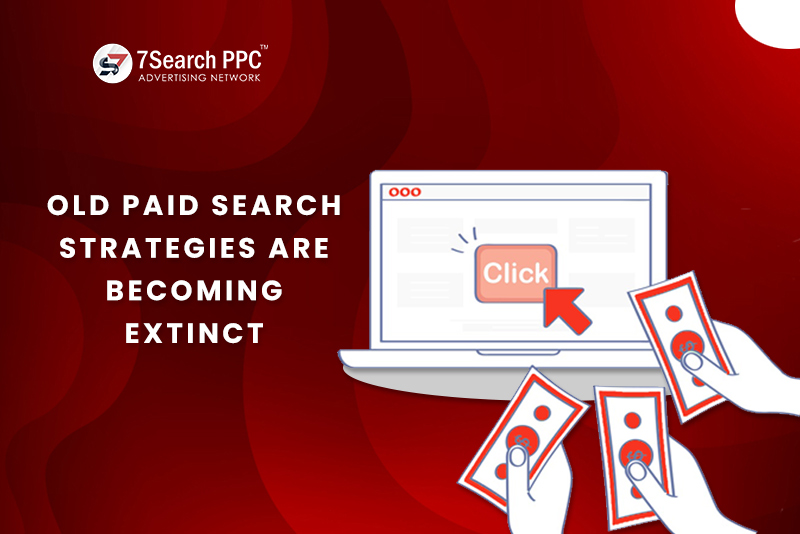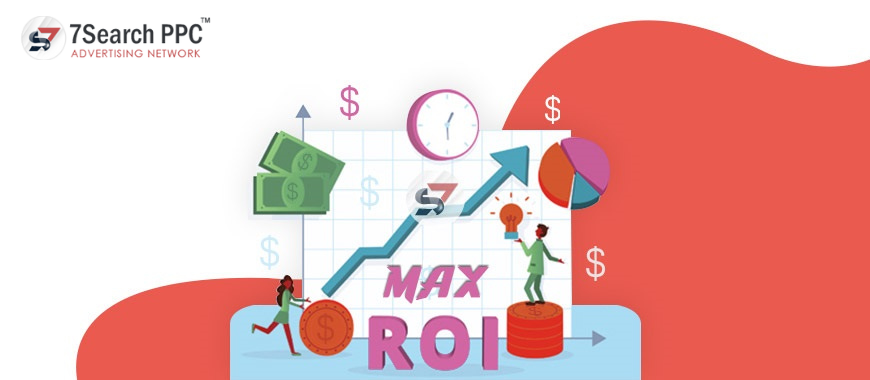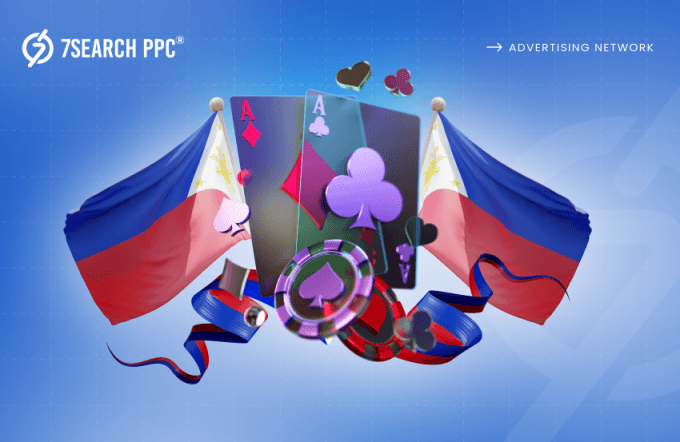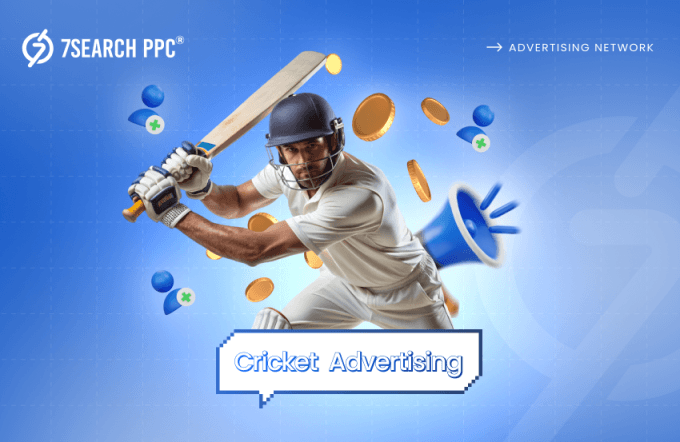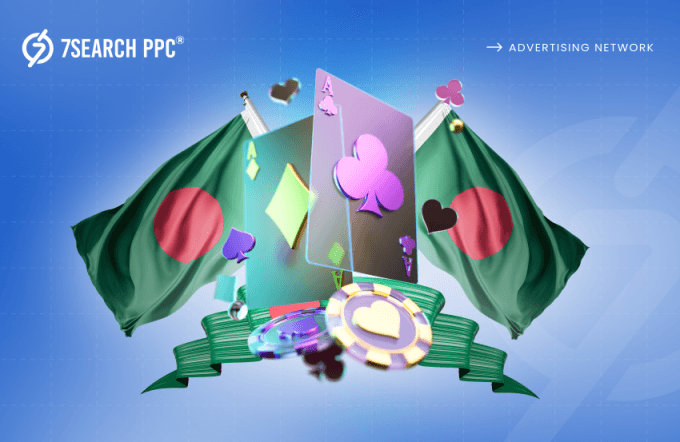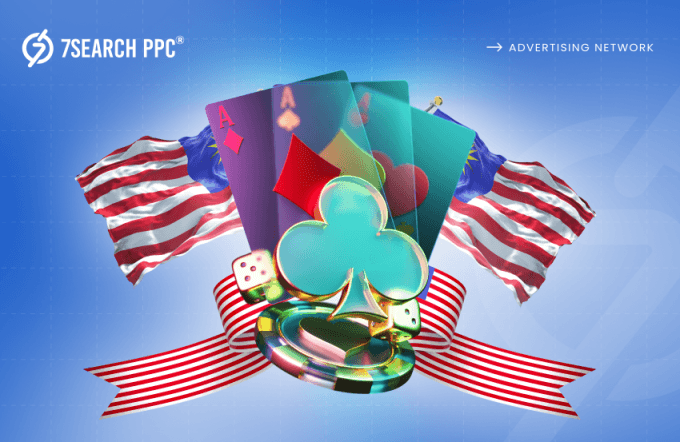You can experience more harm than good if you rely on old PPC bidding strategies and concepts. Here you can find the obsolete approaches to PPC and some new alternatives to boost your PPC ads campaign.
Do you remember the old PPC Paid Search strategies; The ones people always relied on and felt they would never go the way of the Dodo? Well, guess what? They went the way of our old feathery comrades.
Though they might seem like the evergreen strategies back in the day, the reality is techniques as recent as 2018 are having a hard time keeping up with the innovation. The new cutting-edge and tip-top marketing strategies have left no room for the old ones, so if you want to survive in the new competitive landscape of PPC marketing, you need to be adaptive. You cannot remain sentimental about the things that worked once upon a time; you need to change with time.
Those who stick to the old ways face the same fate as the past giants have faced. A a certain point in the past, people could not imagine how these companies could fail, but they did. If you go back to the ancient approaches to PPC, you will suffer the same fate as:
- Ask Sponsored listing
- Net-Net
- AOL Search Marketplace
- ePilot
- Yahoo Panama
Old techniques not only stall your business growth but can actively make it harder for your business to grow.
So, if you are still relying on older PPC strategies, read along and find out what is wrong with that approach and how you can fix it.
Following 5 Bidding Paid Search Strategies No Longer Work
Not Bidding On Brand Keywords Because SEO Will Cover Them
People tend to do this all the time without knowing how big of a mistake they are making. Unless your brand name is Amazon or Walmart, you cannot let the brand keyword out there in the open without bidding on them. And the fun fact is, even Amazon is bidding for its brand keyword. You can type “Amazon” in a Google search, and the first result will be an ad pointing you to “Amazon.com.”
If you are not using those keywords to draw traffic to your site, your competitors will sure do. It is easy to target the brand keyword because it is often the first thing people search for, and if you are not controlling the messaging, someone else will, which could potentially be dangerous for your brand.
What Can You Do?
Bid on your brand keywords and build a cohesive bidding strategy to scale up the value.
Bidding To Position
Allocating your resources to this PPC technique is a complete waste because Google has long deprecated the average position metric.
Google no longer supports the average position, and in Bing, this bidding strategy does not exist, so sticking with it is effectively a fool’s errand.
What Can You Do?
You can resort to reversing the calculation of competitors and setting bids to a specific number manually. However, unless it is for competitor bidding and conquesting, there is little to no value in battling for the first or second position.
Target Impression Share
Using this technique will sacrifice efficiency and potential traffic to make your ad more visible. While you might think that being on top of a search result page is the best for your brand, the way this technique works is that it doesn’t consider efficiency.
In theory, using the target impression share technique can put you on top of the search results page, but it is not a cost-efficient way to do it.
Unless you have an infinite budget and have a justifiable reason to reach a specific impression milestone, it is not worth it if you cannot develop a plan to offset the trickled-down effect of inefficiency with other metrics.
What Can You Do?
The most efficient way to increase both impressions and engagement is to use keywords for branding.
If you decide to go with the max click bid strategy, set it with a high CPC. Avoid going more than seven days without a CPC cap, or else you will lose efficiency.
When you run a campaign solely focused on maximizing your return, you might get distracted from the actual goal.
This strategy is excellent; however, it only focuses on a particular ad campaign’s return instead of your total return. Sometimes, it is not harmful to keep a low ROAS/ROI.
Unless the scalable ROI is not an issue for you, you will improve efficiency as you scale up ROAS/ROI.
When you improve efficiency, you narrow your audience, which means that your traffic volume might decline as you work to make yourself profitable. It can be a perfect example of “getting the cake but not being able to eat it.
What Can You Do?
You can go for either two alternatives to this. Both have their pros and cons.
Max Conversion Value
- Pro – Bring the revenue for you.
- Con – could significantly decrease the number of sales.
Max Conversions to Target CPA
- Pro – Works like max clicks; you can set a max conversion, optimize the sales volume, and get a baseline CPA.
- Con – It does not account for value or ROI.
Single Keyword Ad Groups (SKAG)
The reason for SKAG’s existence was to isolate the top keywords with ideal ads, so the best ad can appear when a person searches for a specific query.
SKAG heavily focused on exact and phrase match, and the reasons why it fell from use are:
- The match type concept is significantly changed, and the “exact match” is not exact anymore.
- Reliance on keyword-less search efforts makes the SKAG model even less valuable
While you can still use SKAG, it is not valuable. The effort you put in to populate the negative keywords around SKAG can easily offset any value you hope to get.
What Can You Do?
Though isolation to prevent cannibalization is the right approach, SKAG is not the way to do it. Try using standard but useful tools like ad groups and campaign segmentation, or a combination of both based on:
- Brand / Non-Brand.
- Geographic
- Demographic / Audience
- Device
Try keeping ad groups relevant and focus less on a single keyword and more on a group of related ones.
When combined with targeting, this approach will provide you with something similar to SKAG, but with significantly fewer ad groups, making the management much more straightforward.
Conclusion
The old strategies were great when they were introduced all those years back. If you are willing to remain competitive in the current environment, you need to make accommodations for new things and strategies.

